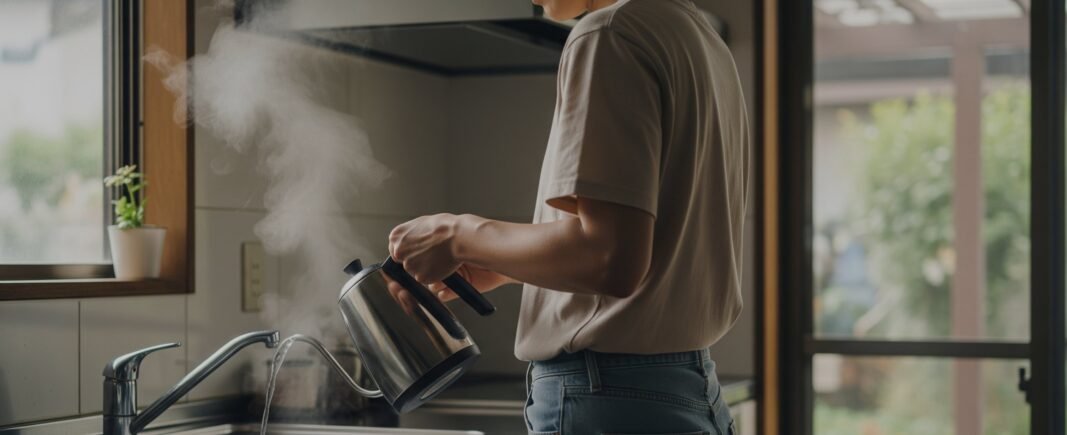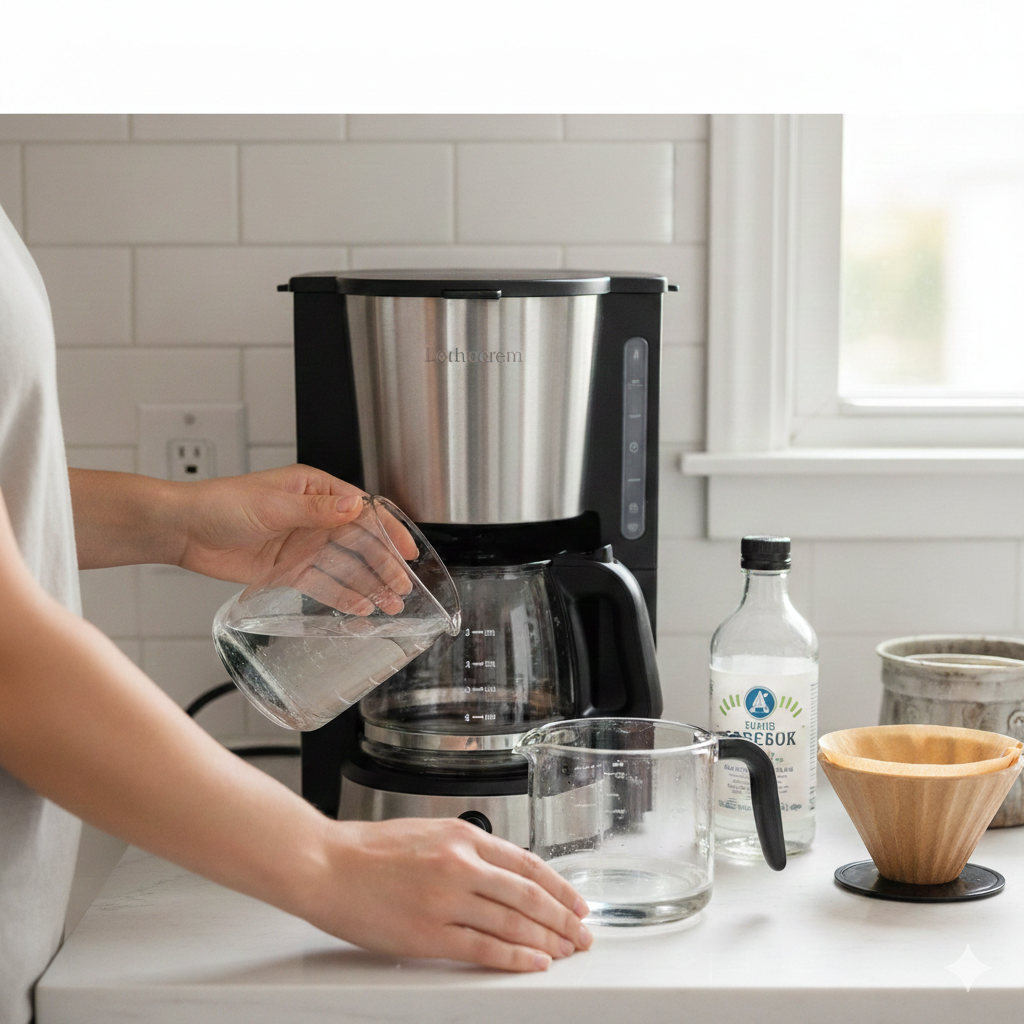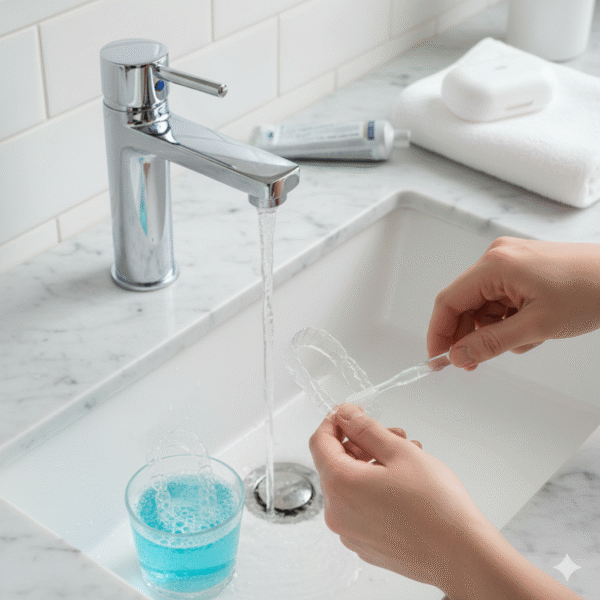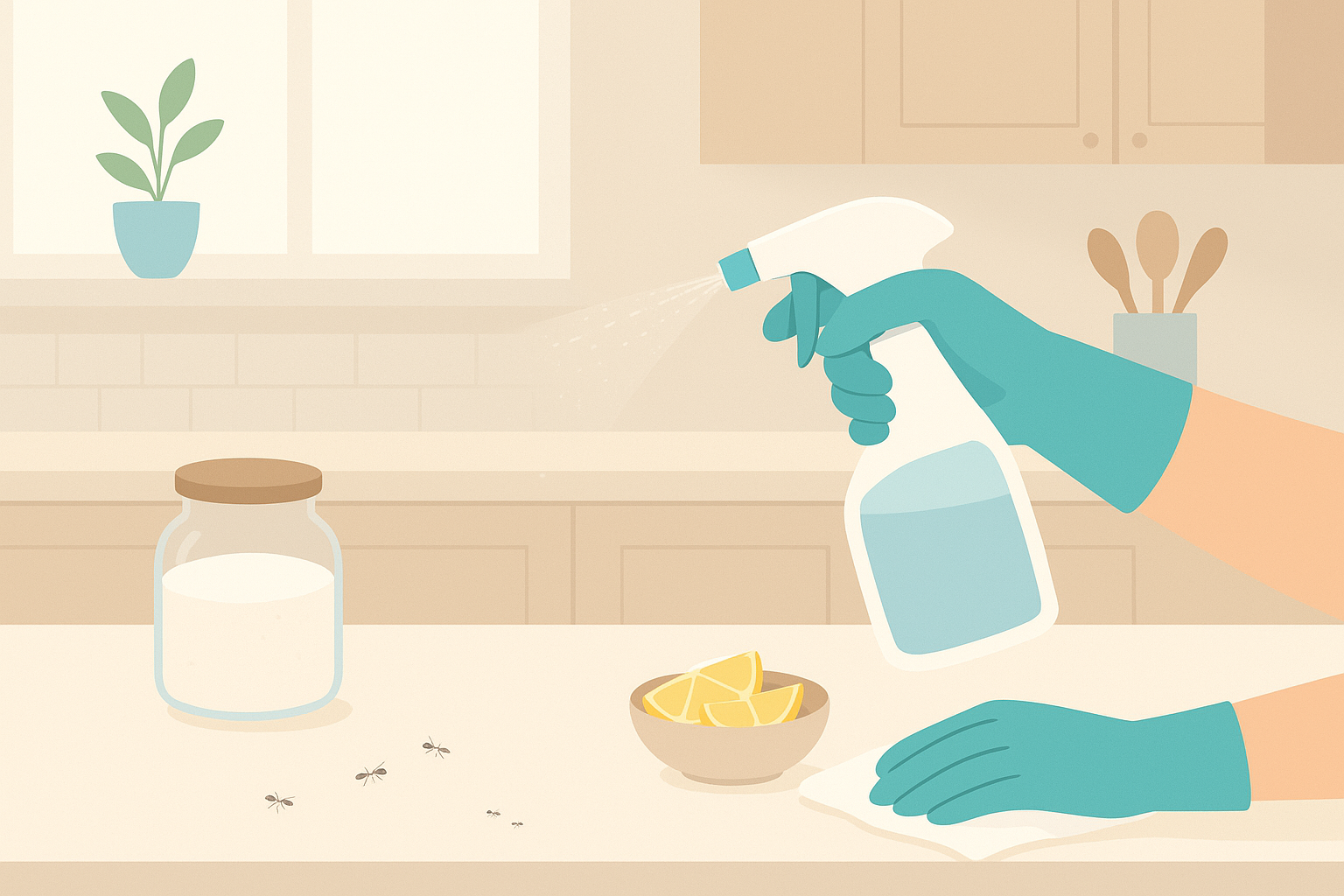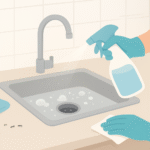Few things are as frustrating as spotting a trail of ants marching across your kitchen counter. They seem to appear out of nowhere — crawling around the sink, sugar jars, or even inside closed containers. But while ants are persistent, they’re not invincible.
With a few smart, science-backed strategies, you can remove them safely, keep your kitchen clean, and stop them from returning.
In this guide, we’ll break down exactly how to get rid of ants in the kitchen, why they invade your space in the first place, and what you can do to make your home permanently pest-free.
🐜 Why Ants Invade Kitchens in the First Place
Before reaching for a spray or trap, it helps to understand why ants show up. Like all living creatures, they’re after food, water, and shelter — and your kitchen provides all three.
Here’s what attracts them:
- Crumbs and spills: Even tiny sugar granules or juice drips can act as magnets.
- Standing water: Leaky faucets, damp sponges, and wet countertops invite thirsty ants.
- Unsealed entry points: Small cracks near windows, floors, or pipes become hidden gateways.
- Pheromone trails: Once one ant finds food, it releases a scent trail that others follow.
Knowing this makes pest control much easier — because eliminating the source removes the need for the invasion.
🧽 Quick Steps — How to Get Rid of Ants in the Kitchen Immediately
If you’re seeing ants right now, start with these fast-acting, low-toxicity fixes.
1. Clean Every Surface Thoroughly
Ants thrive where food residues exist.
- Wipe down counters with a vinegar-water solution (1:1 ratio).
- Wash dirty dishes immediately.
- Sweep floors and empty bins daily.
- Store sugar, flour, and cereals in airtight containers.
Vinegar is especially effective — its smell disrupts ant scent trails, confusing their navigation system.
2. Identify and Seal Entry Points
Look closely near windows, doors, and sink edges. Use silicone caulk or weather strips to block tiny openings.
You can also apply a light dusting of diatomaceous earth (a natural powder) near those entry zones. It kills ants on contact but is safe for humans and pets when used correctly.
3. Use Natural Ant Repellents
Chemical sprays might offer quick relief, but they rarely eliminate colonies. Instead, try natural alternatives:
- Lemon juice — masks scent trails and deters ants.
- Cinnamon or peppermint oil — strong aromas ants dislike.
- White vinegar spray — cleans and repels simultaneously.
- Cucumber or citrus peels — leave around affected areas as natural deterrents.
These eco-friendly solutions are ideal if you want to protect both your kitchen and the environment.
4. Set Baits Instead of Killing on Sight
When you squash ants, you only eliminate scouts — not the colony. The key is to let them carry poison home.
Mix borax (½ teaspoon) with sugar syrup or honey (1 tablespoon).
Place the mixture near ant trails in small bottle caps. Worker ants will carry it back to the nest, effectively killing the colony over several days.
⚠️ Safety note: Keep borax baits away from children and pets.
🌿 Natural vs. Chemical Solutions — Which Is Better?
| Method | Pros | Cons |
|---|---|---|
| Natural Remedies | Safe, eco-friendly, easy to make | May take longer to show results |
| Chemical Sprays | Fast-acting and widely available | Toxic to pets/kids, short-term fix |
| Baits & Traps | Kills colonies effectively | Requires patience and correct placement |
Experts recommend Integrated Pest Management (IPM) — a balanced mix of sanitation, natural repellents, and targeted baits. It’s sustainable, safe, and proven to work long-term.
🏡 Long-Term Prevention: How to Keep Ants Out for Good
Once the infestation is gone, your goal shifts to prevention. Here’s how to maintain an ant-free kitchen all year round:
- Deep clean counters and cabinets weekly.
- Sanitize sink drains with baking soda and vinegar.
- Keep pet food bowls dry and stored when not in use.
- Rinse recyclables before discarding.
- Place mint leaves or bay leaves inside pantry corners.
- Empty garbage bins daily and clean the lids.
These simple habits create an environment where ants can’t find what they’re looking for — forcing them to move elsewhere.
🔍 When to Call Professional Pest Control
If you’ve tried everything but ants keep coming back, you may be dealing with a hidden colony behind walls or under flooring.
That’s when professional help becomes necessary. Pest control experts can:
- Identify the species (sugar ants, carpenter ants, etc.)
- Locate colonies through thermal imaging
- Use targeted, low-toxicity solutions
A one-time service often includes sealing entry points and providing prevention guidance for the future.
🧠 Smart Cleaning = Fewer Pests
Keeping ants away isn’t just about extermination — it’s about building better cleaning habits.
For example, ensuring your leftovers are stored properly also helps prevent spoilage and odors.
You can read our related guide on How Long Does Cooked Salmon Last in the Fridge to maintain food freshness while keeping your kitchen pest-free.
If you’re also exploring creative kitchen updates while managing cleanliness, check out Why Quirky Home Decor Is the Interior Trend Everyone’s Talking About for inspiration on stylish, functional design that complements a tidy home.
💡 FAQ: People Also Ask
Q1: What kills ants instantly in the kitchen?
Mix dish soap with water and spray directly on ants — it clogs their pores and kills them quickly.
Q2: Does vinegar really get rid of ants?
Yes. Vinegar disrupts their pheromone trails and masks scent signals that guide other ants.
Q3: Why do ants keep coming back even after cleaning?
There may be residual pheromones or hidden crumbs in corners or under appliances. Deep cleaning helps reset the environment.
Q4: What’s the safest ant killer for homes with pets?
Use diatomaceous earth or peppermint oil — both natural and non-toxic options.
🌱 Final Thoughts
Knowing how to get rid of ants in the kitchen isn’t just about quick fixes — it’s about understanding how these insects think, move, and survive.
With consistent cleaning, natural repellents, and smart prevention, you can enjoy a spotless, ant-free kitchen without harsh chemicals.
Every crumb counts, every seal matters — and once your kitchen becomes an unwelcoming place for ants, they won’t bother coming back.



